Le Chéile
© The Examcraft Group | Reproduction not permitted

Le Chéile schools are committed to the promotion of a value-based education built on the principles of:

© The Examcraft Group | Reproduction not permitted

Le Chéile schools are committed to the promotion of a value-based education built on the principles of:
Our welcome recognises the unique dignity and worth of each person, building on the Catholic tradition of being inclusive.
Our pursuit of wisdom and knowledge enables our students to achieve an academic excellence that supports them in understanding the world and seeking to improve it.
Le Chéile schools give witness to the Gospel values of Inclusivity, Truth, Forgiveness, Service, Concern, Spirituality, Teaching and Learning on a daily basis. We recognise that every person is made in the image and likeness of God.
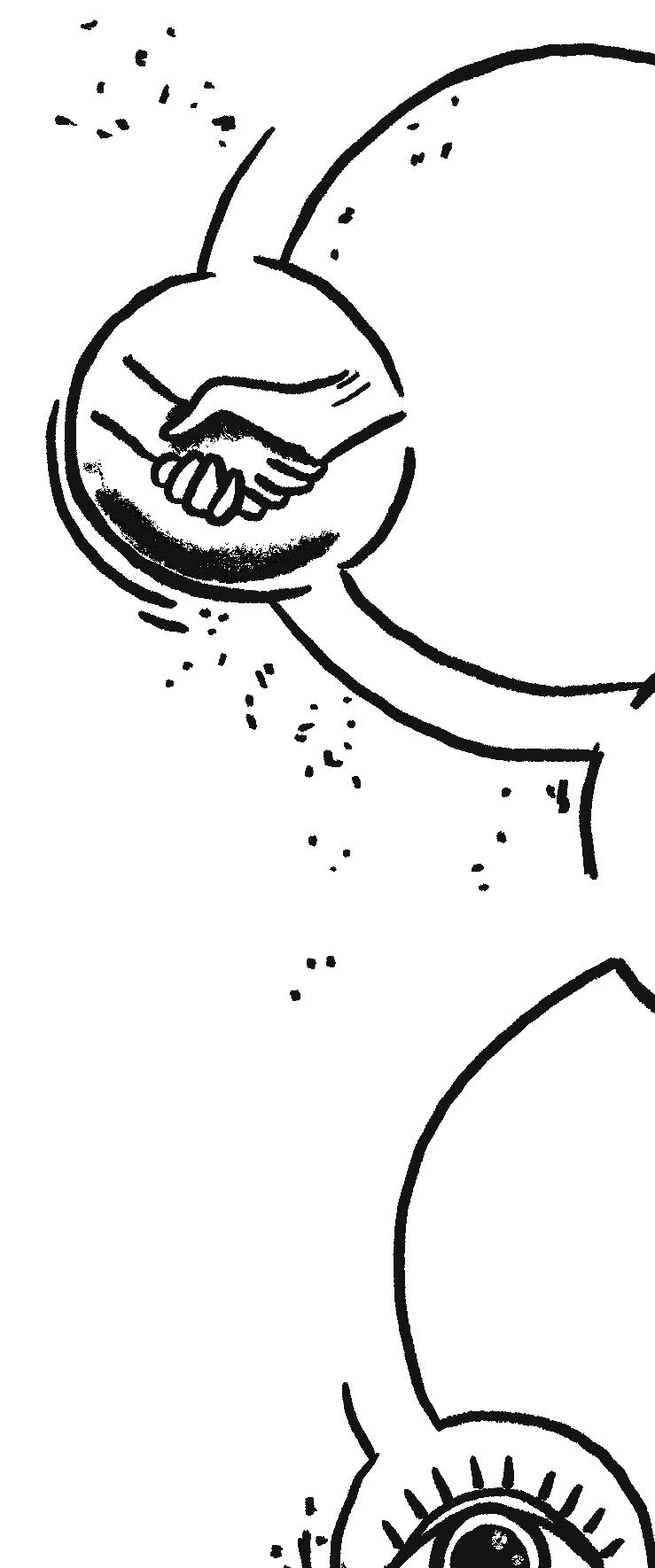
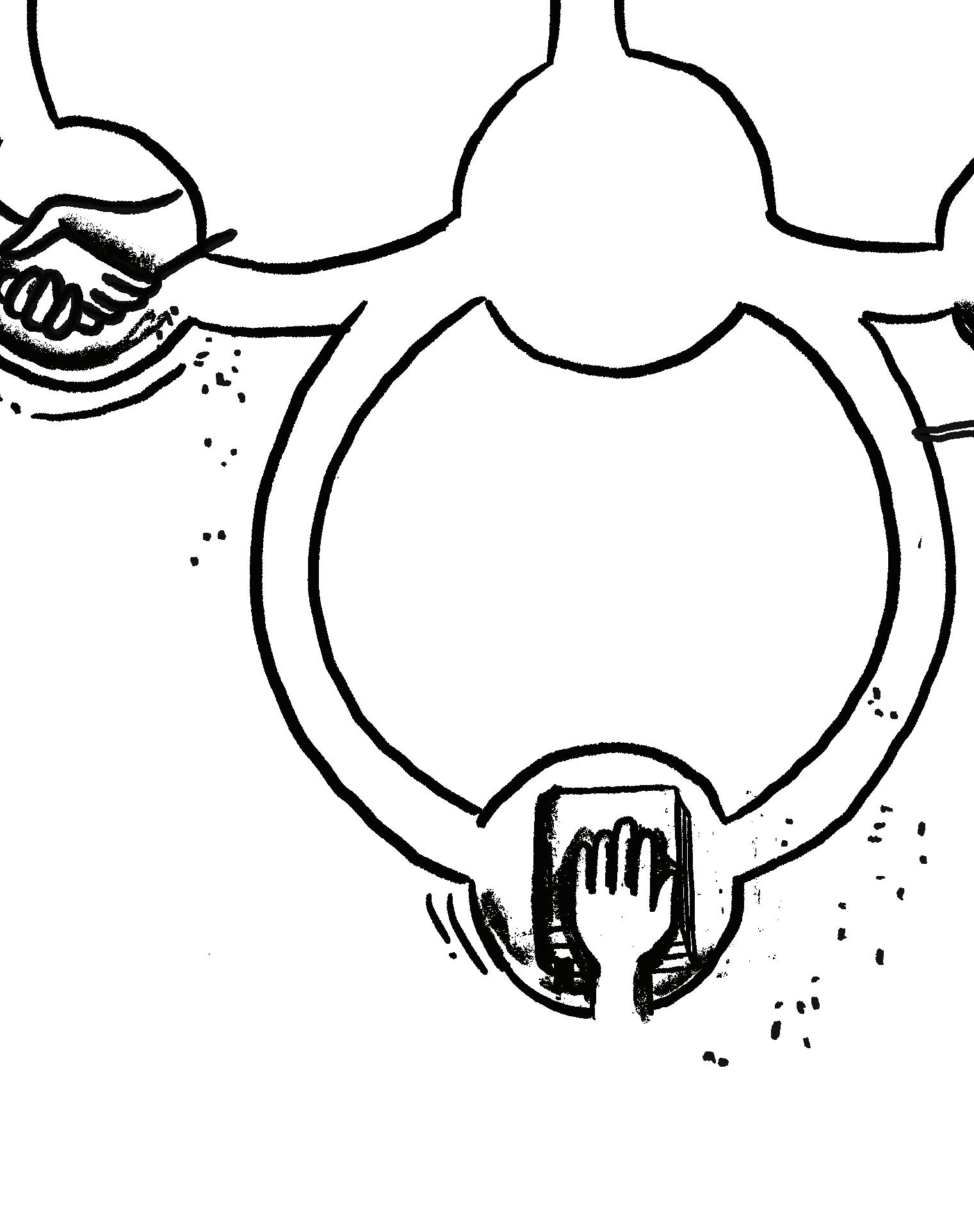
MONASTERIES
run by monks had some of the first schools in Ireland. They were celebrated all over Europe in the Middle Ages, and Ireland became known as the Land of Saints and Scholars.
Continuing the tradition of value-based education in Ireland
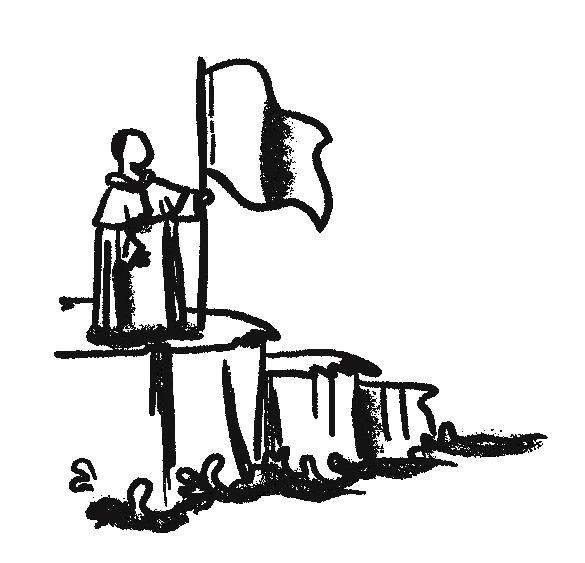
1644
1695 – 1729 From 500 AD – 1800s From 500 AD – 1800s
1600
1771
THE URSULINE SISTERS came to Ireland, having been founded by Saint Angela Merici in Northern Italy in 1535.
THE DOMINICAN ORDER arrived in Galway, having been founded by Spaniard Saint Dominic de Guzman in France in 1206.
1700
BARDIC SCHOOLS were schools in which poetry, history, and general Irish literature were taught. Some were for law, and some for other special professions. They were lay schools.
PENAL LAWS – The Catholic educational system was outlawed. As a result, Catholic church services operated under extreme secrecy.
1695 – Mid 18th century
HEDGE SCHOOLS – Catholic education and culture were kept alive by secret open-air masses and illegal outdoor schools known as ‘hedge schools’.
All the Le Chéile Religious Congregations were founded to provide a value-based education. The values underpinning the educational philosophy of our schools lead to wide curricular, co-curricular and extra-curricular provision, ensuring that all students can flourish and reach their full potential.
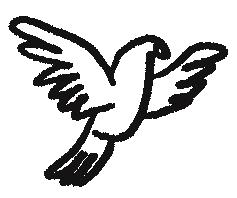

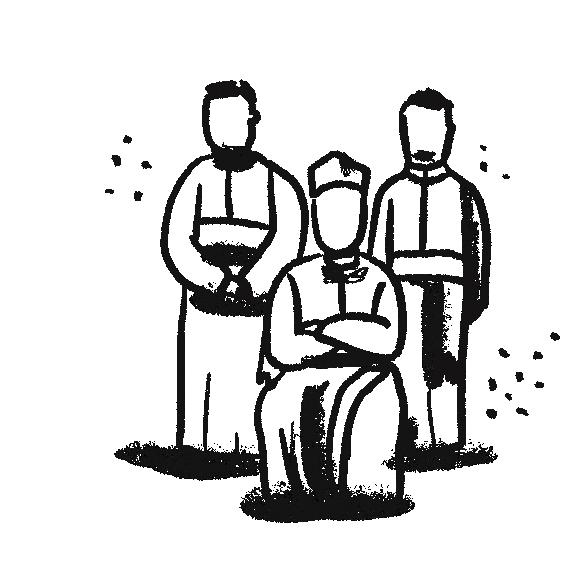
THE PATRICIAN BROTHERS founded in Tullow, Co. Carlow 1808
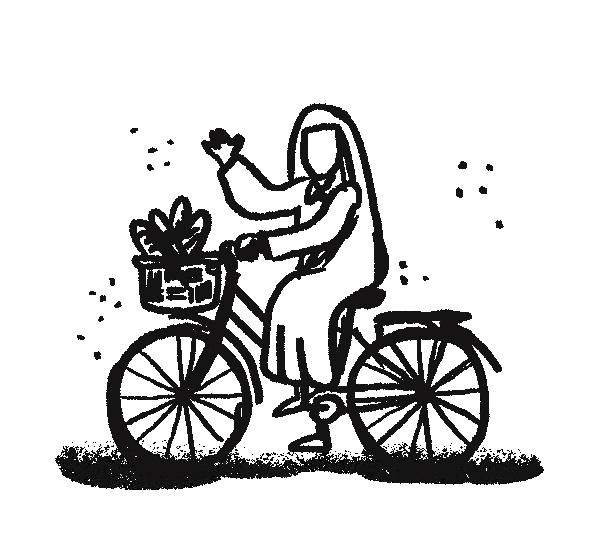
1859
1842
FAITHFUL COMPANIONS OF JESUS (FCJ) opened in Oughterard. Founded in 1820 by Marie Madeleine d’Houet in Paris.
1800
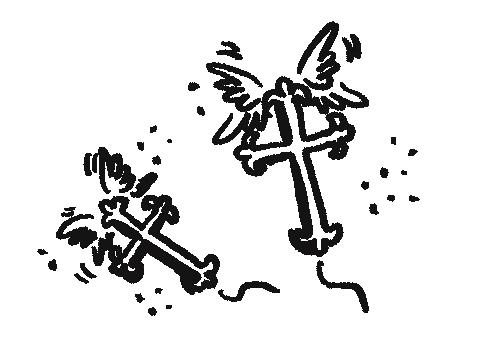
1829
CATHOLIC EMANCIPATION, which provided freedom from discrimination for Catholics in Ireland and the UK.
1793
THE ROMAN CATHOLIC RELIEF ACT, allowing for the exercise of religion and the existence of Catholic schools.
SISTERS OF SAINT LOUIS opened in Monaghan. Founded in 1842 by Louis Bautain and Mère Thérèse de la Croix in France.

1831
NATIONAL SCHOOL SYSTEM was set up.
1860
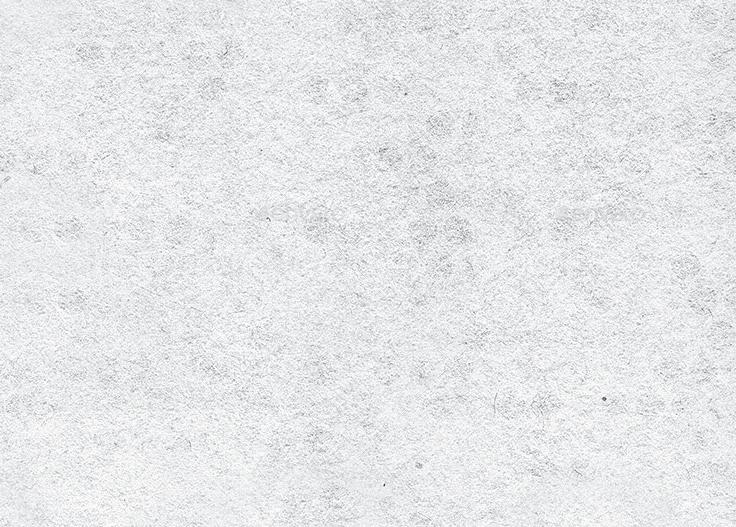
The four principles of Catholic education particularly embraced by the Congregations of the Le Chéile Schools Trust are: inclusion, care for the most vulnerable, promotion of the unique gifts of each student and the integration of faith and culture.
1864
THE SISTERS OF ST. JOSEPH OF CLUNY came to Ireland. Founded in 1807 by Anne Marie Javouhey in France.
1867
HOLY FAITH SISTERS were established by Margaret Aylward in Dublin.
1860
1879
INTERMEDIATE EDUCATION
ACTS setting up secondary schools in Ireland.
A common characteristic of all the congregations gifted to Le Chéile Schools Trust is their welcome for the poor, those with additional learning needs and those who are victims of violence, injustice and social inequality.
1880
THE DE LA SALLE BROTHERS came to Waterford. Founded in 1684 by John Baptist De La Salle in France.
1878
THE SISTERS OF THE CROSS AND PASSION came to Kilcullen. Founded in 1854 by Elizabeth Prout in England.
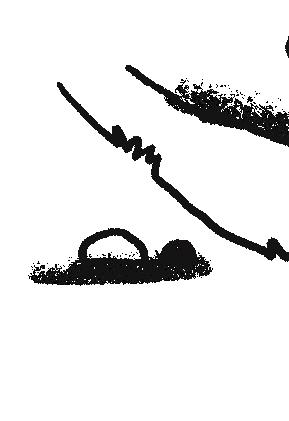
THE POOR SERVANTS OF THE MOTHER OF GOD established a school in Carrigtwohill. Founded in 1869 by Frances Margaret Taylor in London.
1903
SISTERS OF CHARITY OF ST. PAUL opened a school in Kilfinane, Co. Limerick. Founded in 1847 by Genevieve Dupuis in Birmingham, England.

1900
1930
VOCATIONAL SCHOOLS (now community colleges under the ETBs) were established to provide a technical education.
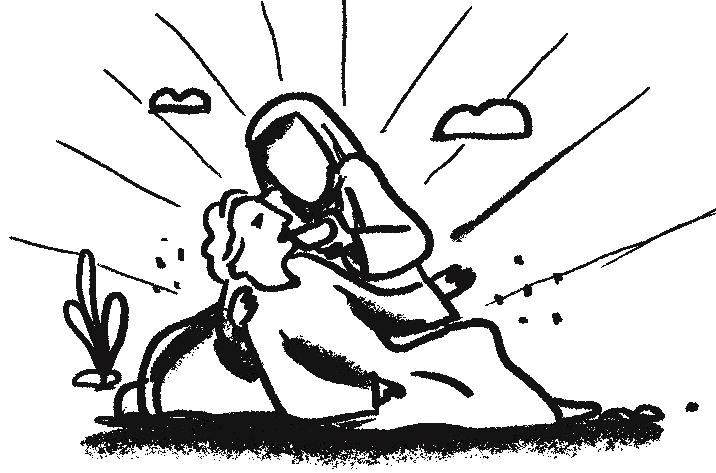
Our 21st century Catholic schools express our unique and rich heritage by promoting student-centred practices and policies in all our schools.

THE RELIGIOUS OF CHRISTIAN EDUCATION opened two schools. Founded in 1817 by Father Louis Lafosse and four women in Normandy, France.
1947
THE HOLY CHILD JESUS SISTERS set up a school in Killiney. Founded in 1884 by American woman Cornelia Connelly in England.
1955
THE ORDER OF THE RELIGIOUS OF JESUS AND MARY came to Ireland. Founded in 1818 by Claudine Thevenet in France.
2021 August
Opening of LE CHÉILE EDUCATION CENTRE.
September
Opening of Le Chéile Secondary School, Ballincollig, Co Cork.
1967
THE MARIANISTS founded by Blessed William Joseph Chaminade came to Loughlinstown in Dublin, Ireland.
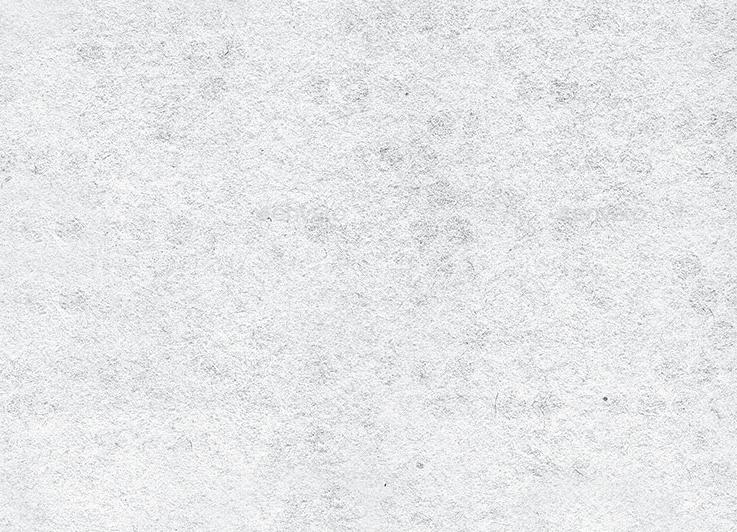
1967
Introduction of FREE SECONDARY EDUCATION in Ireland.
The Le Chéile Schools Trust continues to build on the heritage of our founding congregations by opening new schools throughout Ireland in response to parental and community choice.
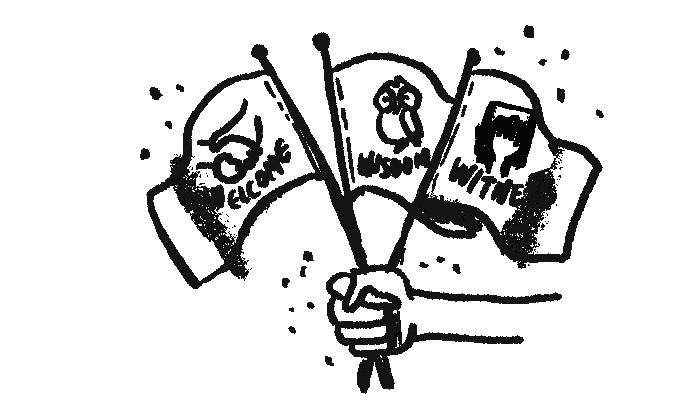
Le Chéile Schools Trust is run by lay people, in partnership with the Department of Education and Skills. We provide school buildings and resource our schools. The Trust supports professional development opportunities for staff, students, parents and guardians and Boards of Management.
2000
2008
LE CHÉILE SCHOOLS TRUST WAS ESTABLISHED. Originally twelve religious congregations handed over the leadership of their schools to the Le Chéile Schools Trust.
2014
Le Chéile Secondary School opened in Tyrrelstown. The first Catholic school to open in Ireland under the Trust structure.
2021
Le Chéile Secondary School Ballincollig Opened.
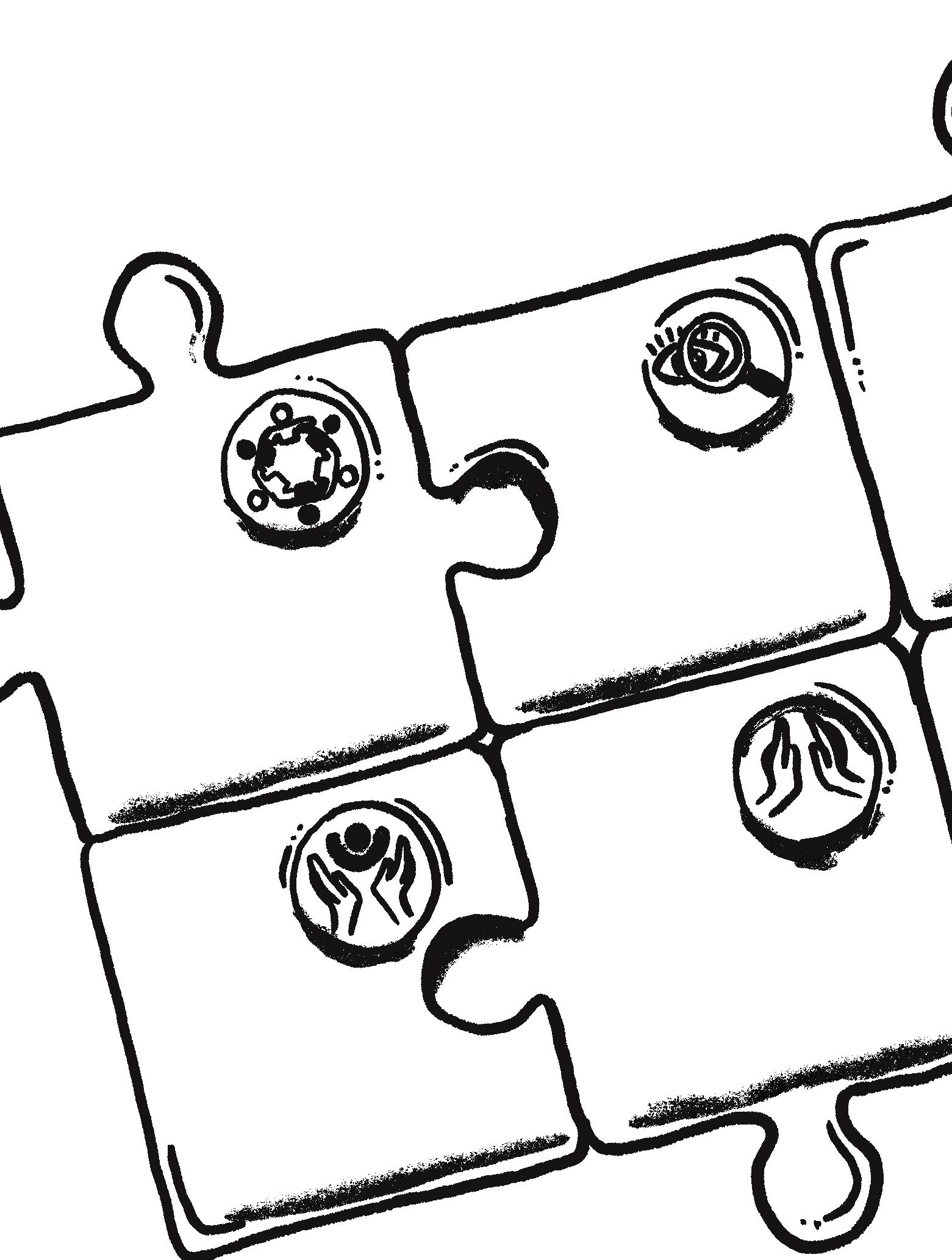
Le Chéile Schools are places of welcome and respect. Living this welcome is demonstrated by commitment to our students’ individual needs, to a broad curriculum, and to leadership on policies for student wellbeing.
Le Chéile schools promote good judgement and decision making among our students. In our schools, research skills are developed, debate is encouraged, and experience is reflected on.
Care is at the heart of what we do in Le Chéile schools. We are concerned for the wellbeing of all members of our school community and for the care of our environment. Christian concern is empowering and enabling.
Le Chéile schools are faith friendly spaces. We encourage young people to explore the concepts of belief and unbelief, we trust them in their exploration. Students are exposed to a variety of ways to pray and to reflect, including - but not exclusivelyCatholic practices.
At the heart of the message of Jesus is forgiveness and the ability to start again with those who hurt you. We seek to be kind and forgiving to each other, knowing that this will make each of us more hopeful, optimistic and compassionate.
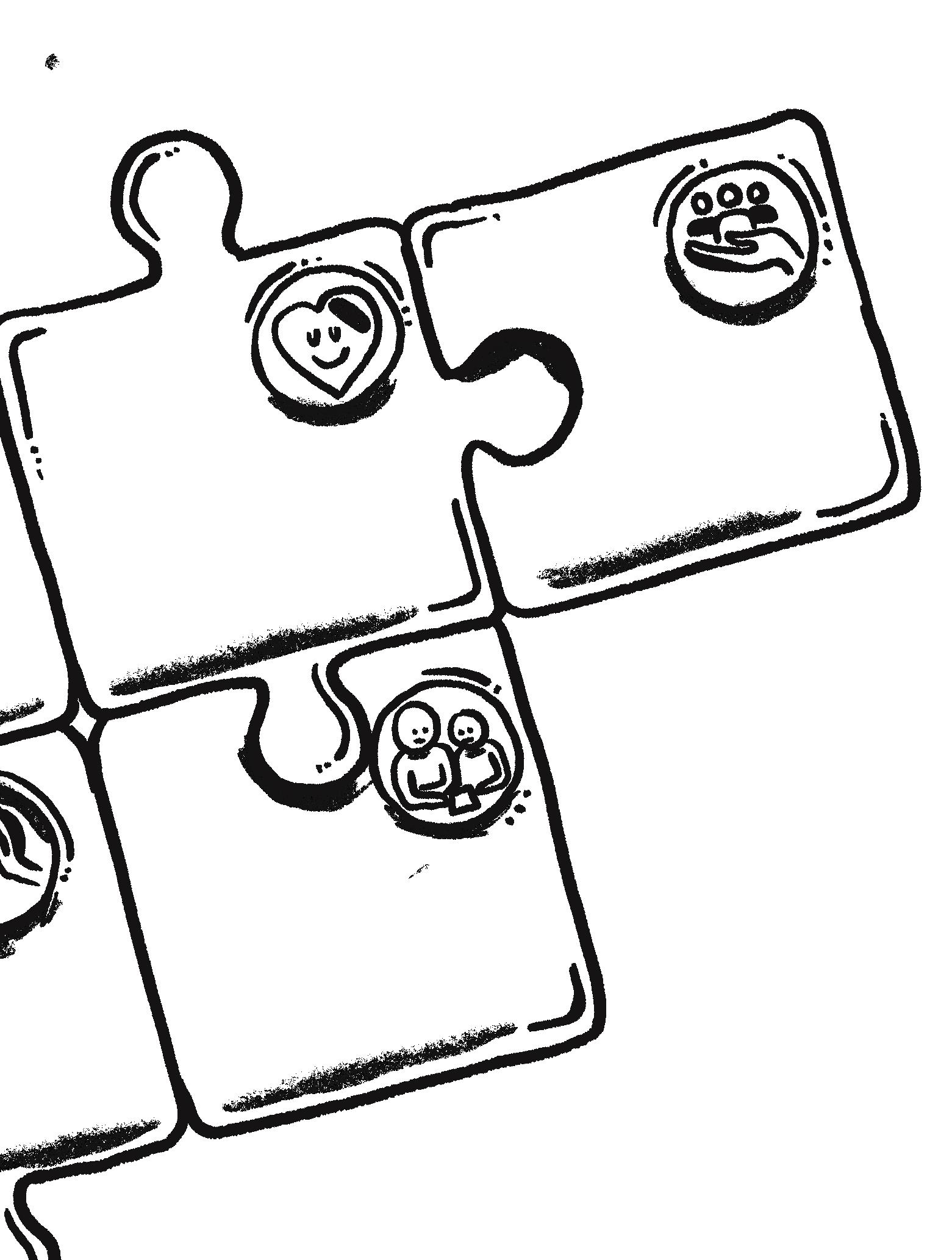
In Le Chéile schools we all teach and we all learn. We push the boundaries of excellence in our teaching, learning environment, assessment and progression to Third level.
Members of Le Chéile school communities serve one another. Our leadership is one of giving a hand of support. Love always trumps ego in our schools.

Inspiration:
The design imagery is inspired by the ornamental stones and patterns from the Book of Kells.
The interlocking keys symbolise that education gives access to and opens up new knowledge and possibilities.
Togetherness is symbolised by the different pathways into a central maze, where there is searching, challenges and new directions.
St. Brigid’s Cross symbolises our Celtic Catholic roots and traditions.

In the power of the Spirit and in keeping with the traditions of our founding Congregations we pray that, for students, teachers and parents alike; our schools may be places of learning and discovery, places of hope and joy, places of courage and confidence, places of gratitude and generosity, places of faith rooted in love.
We make this prayer through Christ our Lord, Amen
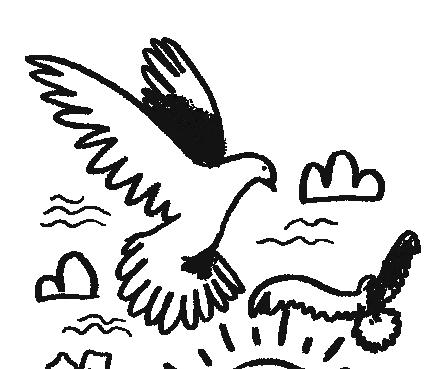
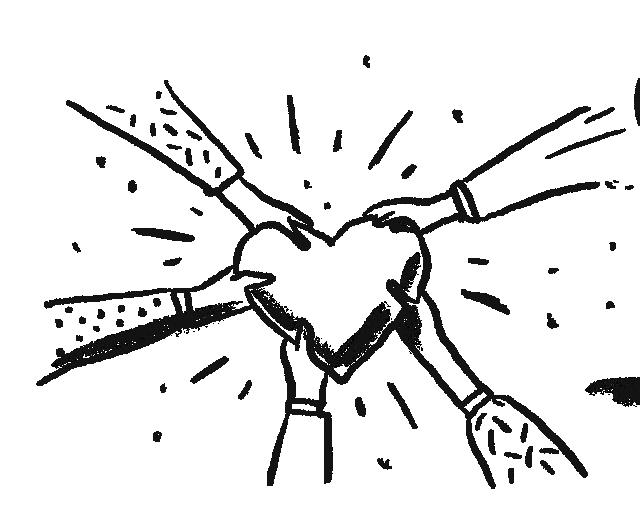
To fully understand the importance of being healthy, you will now have the opportunity to learn about physical and mental health and the impact both have on your overall well-being.
One way that you can look after your physical health is by eating a balanced diet, getting sufficient sleep and doing some exercise each day. Good diet, sleep and exercise have countless physical and mental benefits.

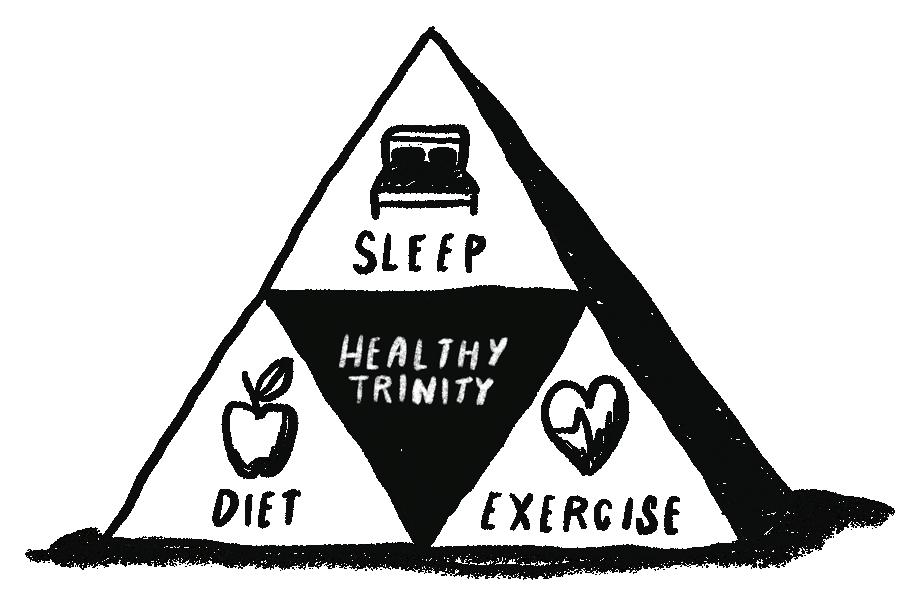
• Helps to build and maintain healthy bones, muscles and joints
• Helps to control weight, build lean muscle and reduce fat
• Prevents and reduces high blood pressure
• Improves your memory and lengthens your attention span
• Improves your decision-making, planning and multi-tasking skills
• Increases your production of new nerve, blood and brain cells

Ensure you have a healthy diet.

Scan this bar code to access the food pyramid, which shows how often you should eat different food groups.
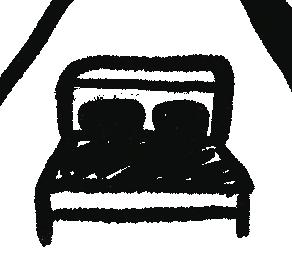
Ensure you get a good night’s sleep. Avoid being on a screen before you go to bed, and it’s best not to bring your phone into your bedroom.

Try to get a daily recommended physical activity of 30 minutes of exercise. Consider including a column for physical activity in your study timetable so you can actively make it part of your daily routine.
The most important thing about mental health is being aware of your feelings as they arise. This helps you identify stress triggers and how you react to them. It is important that you have people around you that you can talk to about these things.
assistance advice support
So, let’s identify people in your life that you can go to in the three categories below.
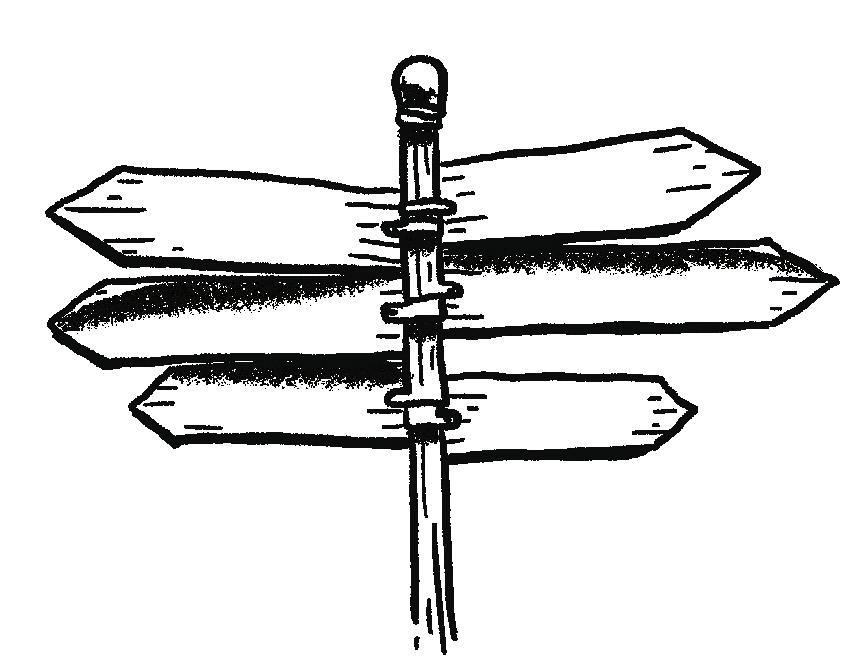

People in your life with whom you can talk about anything.
People in your life who you can go to for advice.
1 2 3 1 2 3
Names of agencies / support services available to you if you need them.
In the diagram below, fill in each circle with the various people in your life.
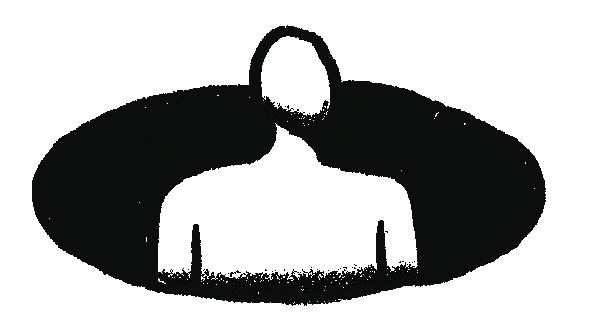
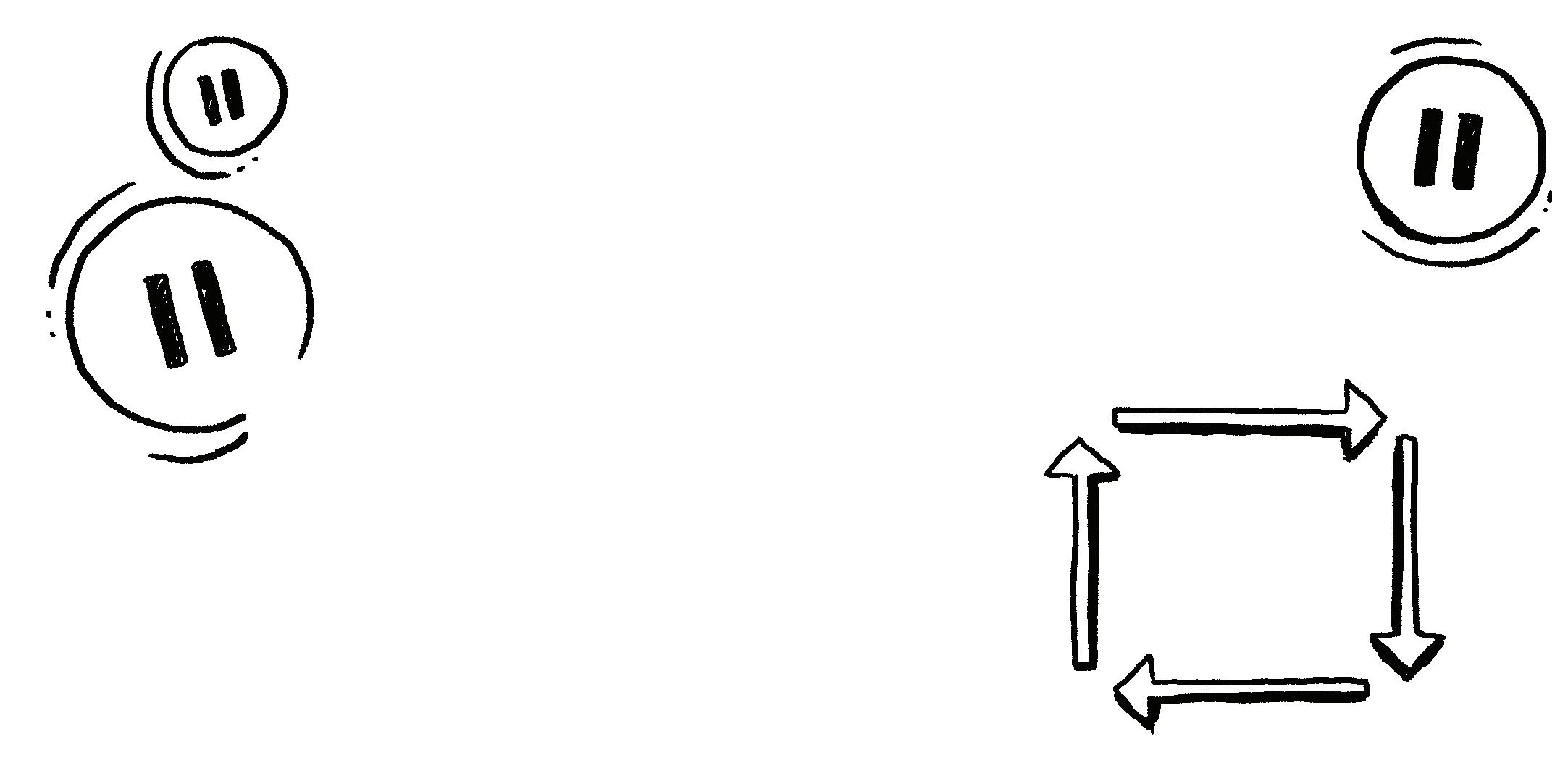
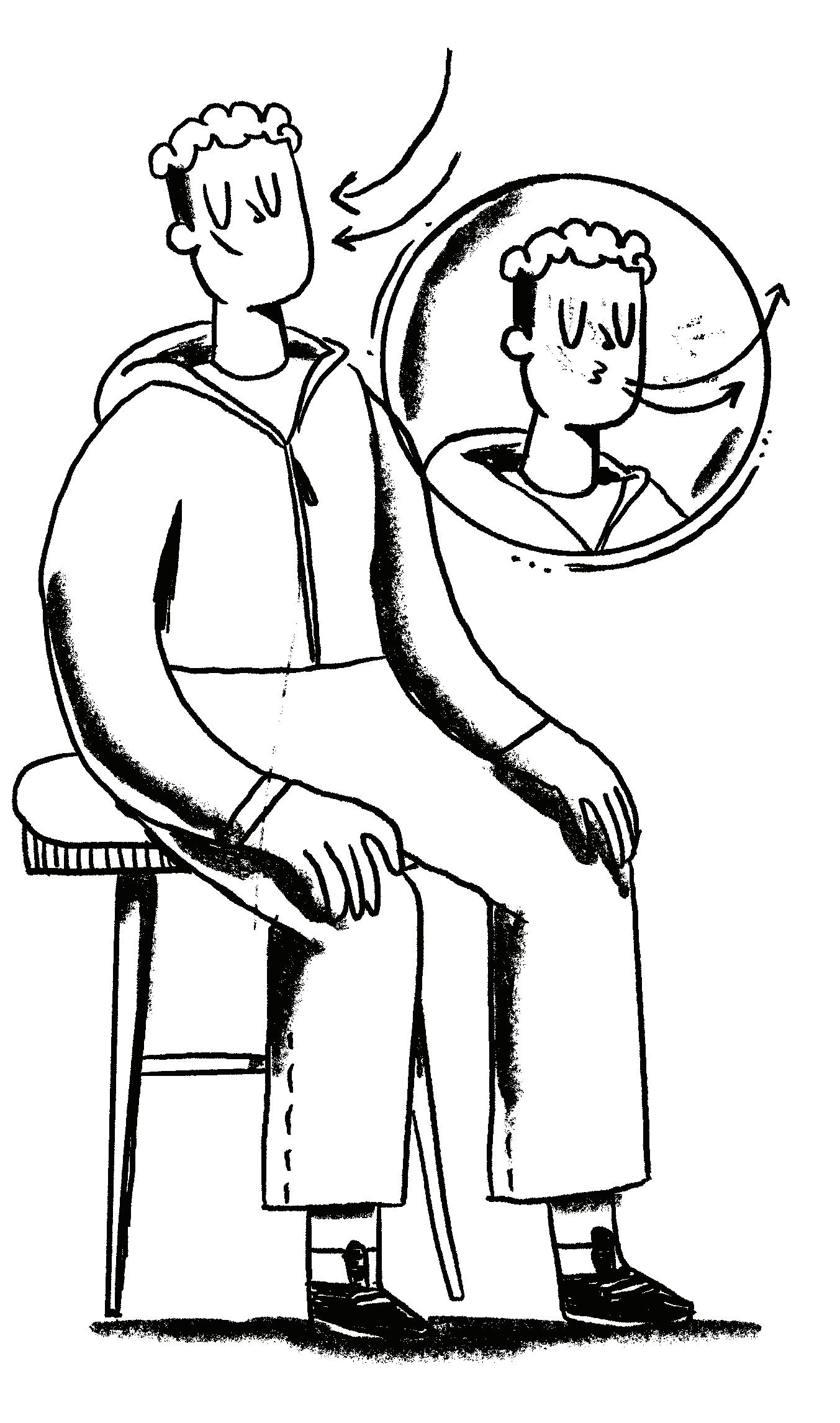
The more you practise, the quicker you’ll be able to re-establish calm in your body and mind during stressful times. It makes sense that we take time to practise activating this response, so we can re-establish a sense of calm when we need it, like during a class test.
Start here
SO, HOW CAN WE DO IT?
STEP 1
Sit up straight and uncross your arms and legs.
STEP 2
Inhale slowly through your nose, counting silently to 4.
STEP 3
Hold your breath, counting to 4.
STEP 4
Exhale slowly through your mouth, counting to 4.
STEP 5
Hold again for 4.
STEP 6
Repeat 3 to 5 times or until you feel calm.

At the heart of your own wellbeing, and your physical and mental health, is your personal safety. It is important to feel safe in many different aspects of your life. Here are some tips for ensuring your personal safety in different circumstances.
• Never, ever take a lift from a driver that has taken drink or drugs.
• Speed kills, so ensure your driver always strictly keeps to the speed limits.
• Never cycle in the dark without adequate lights.
• Wear a reflective jacket, armbands and belt if cycling at night.
• Obey traffic signs and signals and watch out for traffic.
• Ensure your bike is in working order.
• Keep to the left.
• Wear a helmet.
• Do not wear headphones.
• Take your time.
• Always walk facing traffic so that a car can’t come up behind you.
• Don’t cross the road on a corner or a bend.
• Don’t walk on dark roads on your own at night – stick to walking in daylight.
• Always walk on the footpaths.
• You do not need a licence for an e-scooter, but you must be 16 or over to use one.
• You must have front and rear lights and brakes, reflectors and a bell.
• Wear a helmet.
• Obey the speed limit of 20km/hr.
• It is illegal to carry passengers.
• Adhere to road traffic laws and don’t break the lights.
• Look out for potholes and avoid wet surfaces.
• Put your phone away and don’t use headphones.
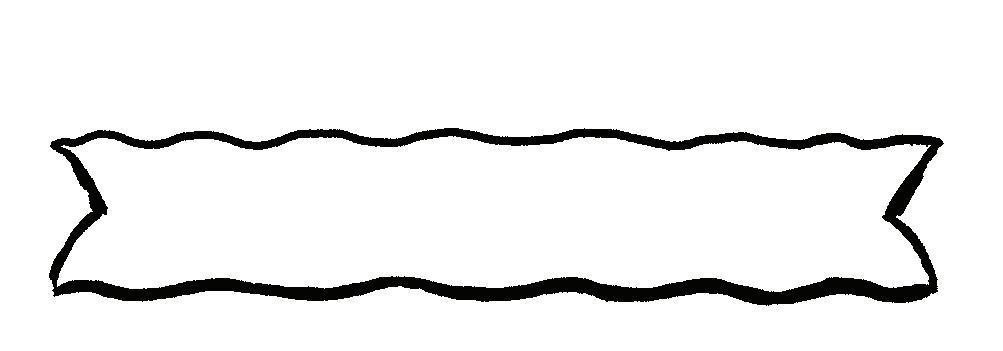
Bullying is targeted and repeated behaviour—online or offline—that causes physical, social, or emotional harm. It involves an imbalance of power in relationships between two people or groups of people.
While one incident may not be bullying, aggressive behaviour is not acceptable in any school. Let’s remember the Golden Rule: treat others as you’d like to be treated.
Disagreements or deciding that you don't want to be friends anymore is not bullying. However, if someone repeatedly tries to harm, exclude, or turn others against someone, that is bullying. Online, a hurtful post can feel like bullying if it spreads and continues to cause harm. If you’re feeling upset by someone’s behaviour, talk to a teacher or someone you trust—HELP IS ALWAYS AVAILABLE.


Create a set of illustrated scenarios showing different behaviours(both bullying and non-bullying).
( ) Tick if the situation is bullying.
( X ) Put an X if it is not bullying.
CLASS DISCUSSION – Review the answers together and discuss why certain situations are considered bullying and others are not.
Example scenarios for pictures:
• Two friends argue and stop talking for a day
• A student accidentally bumps into someone in the hallway
• Someone disagrees with a classmate in a group discussion
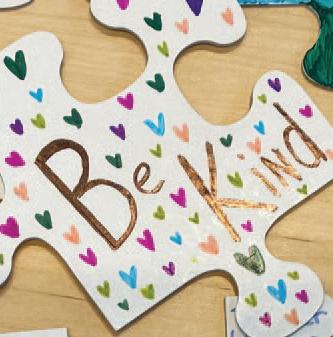
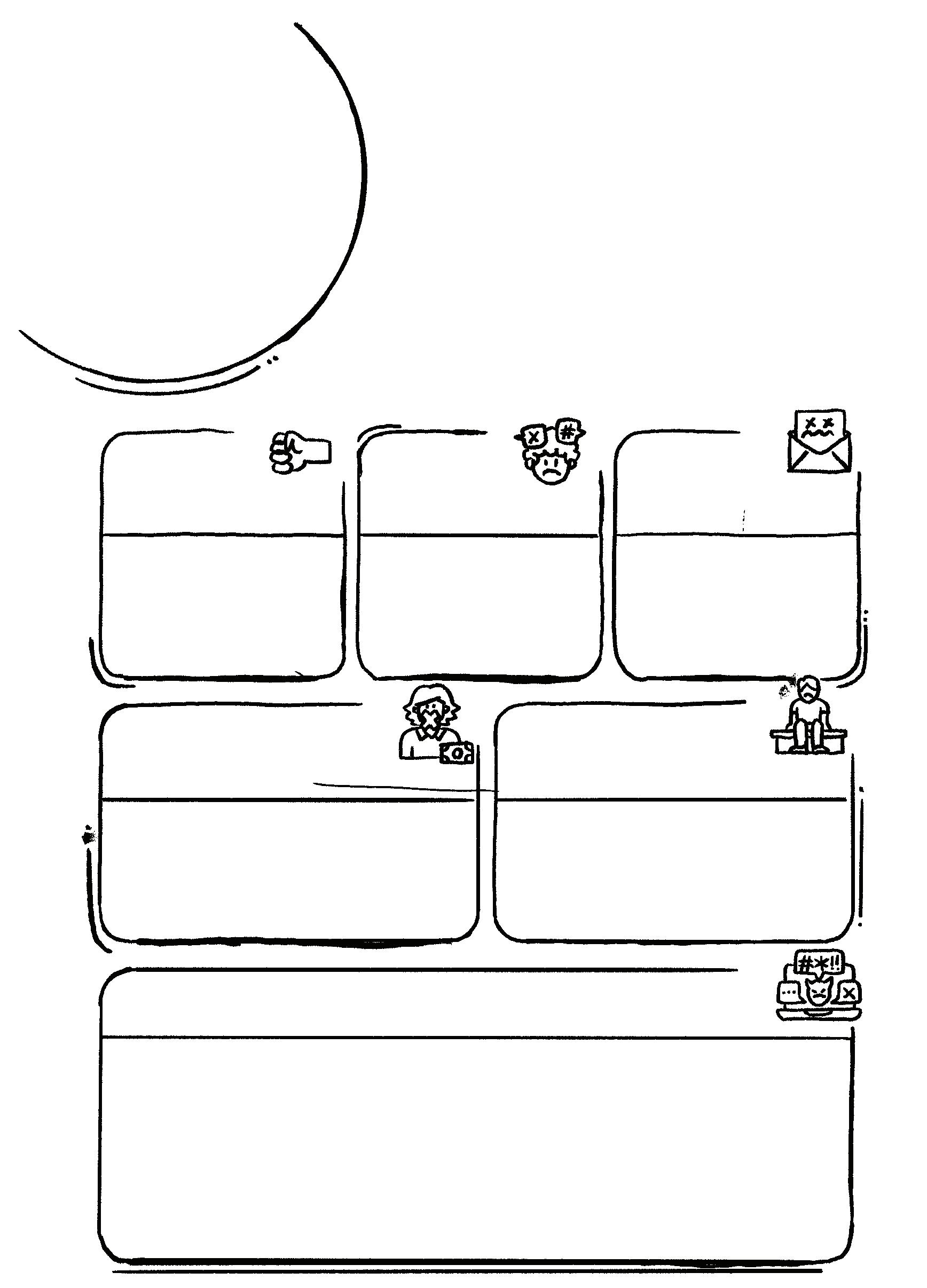


The opposite of bullying isn’t just not being mean, it's actively choosing to be kind. It’s using your voice, your presence, your social media to create a world where people feel safe, valued, heard and seen. When we are kind the following happens:
endorphins, making receiver feel happier.

When you show kindness to another person, it creates a ripple effect. Not only does it make them feel good, but you feel good too. An extra bonus is that they’re more likely to pass that kindness on to someone else!
Complete the following random acts of kindness, and after each one, take a moment to notice how it feels.

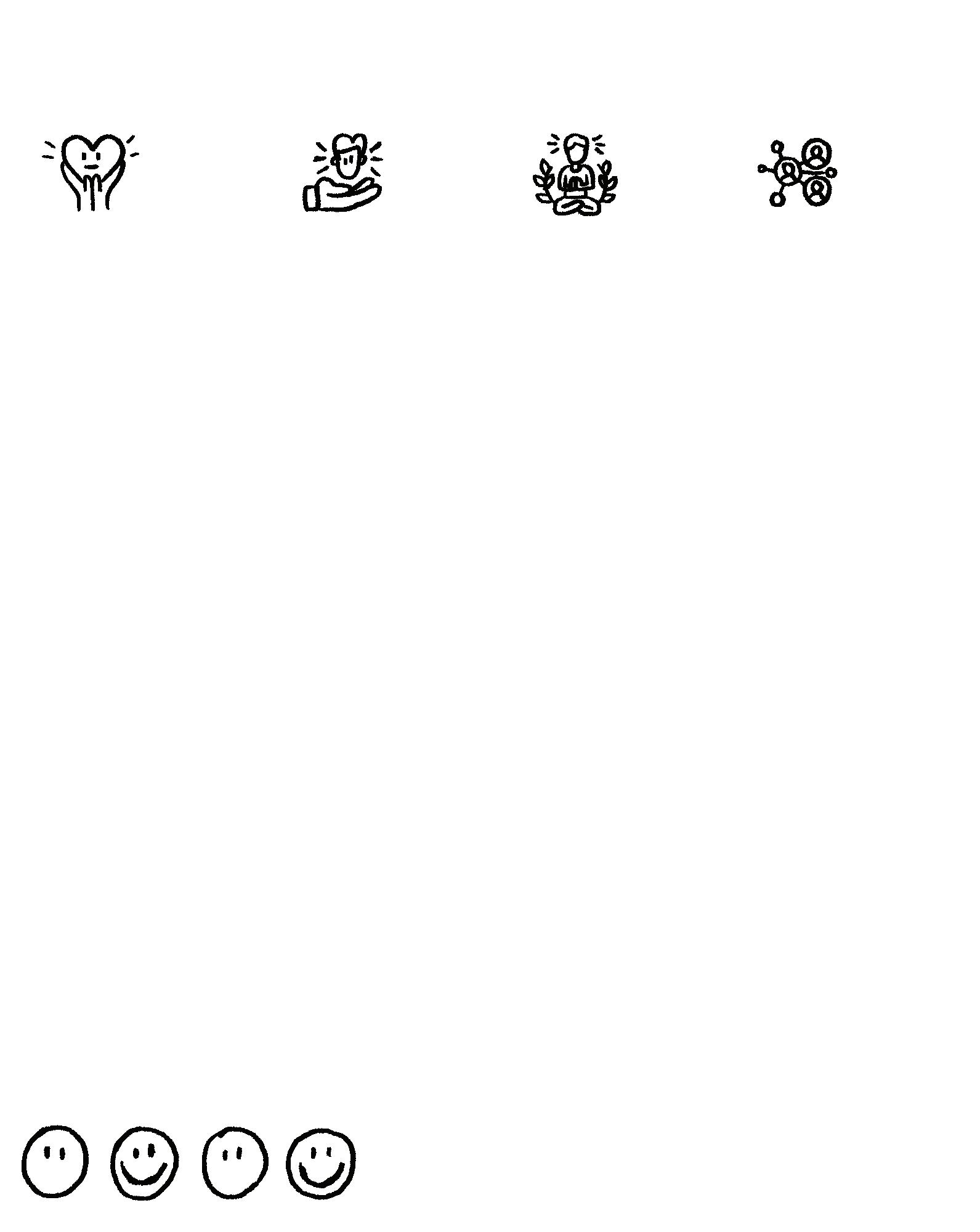
Start to build friendships and contribute to a positive and inclusive school culture.
89F Lagan Road, Dublin Industrial Estate, Glasnevin, Dublin 11, Ireland, D11 F98N.
info@examcraftgroup.ie www.examcraftgroup.ie 01-8081494